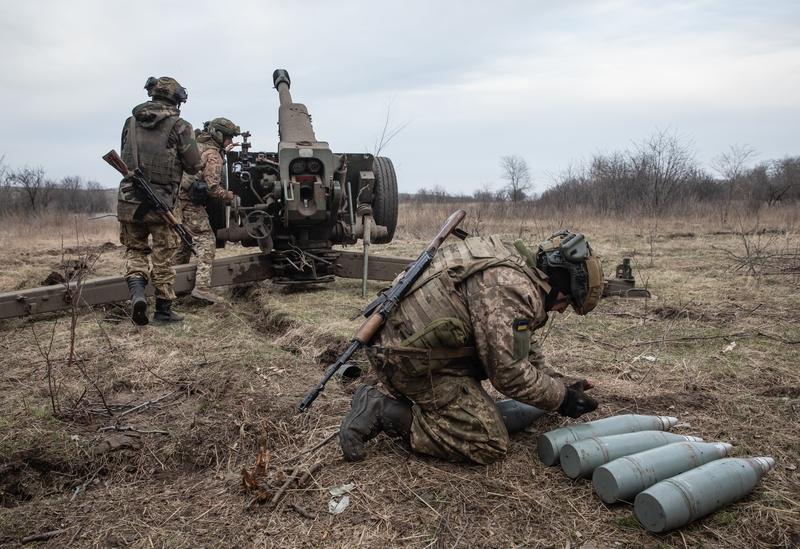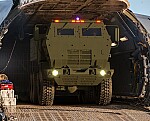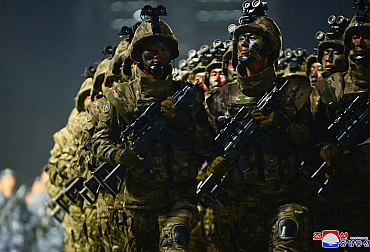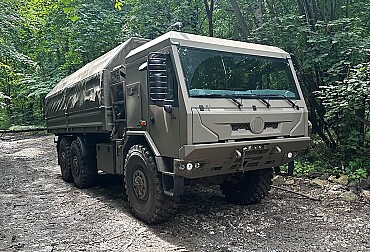Putin declares unilateral Easter ceasefire in Ukraine amid continued tensions
In a move framed as a gesture of goodwill, Russian President Vladimir Putin announced a unilateral Easter ceasefire in Ukraine, declaring a 30-hour halt to hostilities starting from 6:00 p.m. Moscow time on Saturday until midnight on Sunday. The Kremlin cited humanitarian reasons and the sanctity of the Easter holiday as motivations behind the pause, urging Kyiv to reciprocate.

The declaration marks a rare instance of a temporary de-escalation order from Moscow during the ongoing conflict, now entering its third year. Putin stated that the Russian Armed Forces would cease all offensive operations during the specified period, expressing hope that "the Ukrainian side will likewise refrain from combat activities and allow the faithful to observe the holy days in peace."
Ukrainian Skepticism and Ongoing Attacks
However, Ukrainian officials responded to the announcement with skepticism, calling the ceasefire a symbolic maneuver lacking sincerity. President Volodymyr Zelenskyy accused Russia of using the truce as a propaganda tool, noting that drone and missile attacks had continued mere hours before the ceasefire was to begin.
“There is nothing peaceful about bombing our cities the night before an alleged ceasefire,” Zelenskyy said in a televised address. “We welcome any genuine pause in the violence, especially for humanitarian purposes, but we have seen this pattern before — ceasefire declarations followed by continued aggression.”
Ukraine has not formally agreed to observe the ceasefire, citing recent Russian air raids on Kharkiv and Odesa as clear contradictions to Moscow’s message.
Significant Prisoner Exchange
Coinciding with the ceasefire, both sides engaged in a major prisoner swap — one of the largest in recent months. According to officials, 246 prisoners were exchanged by each side, including wounded soldiers and personnel with severe medical needs. The exchange was reportedly facilitated by the United Arab Emirates, which has maintained lines of communication with both Moscow and Kyiv.
"This exchange is a small but meaningful step that shows dialogue is still possible, even in the darkest times," said UAE Foreign Minister Abdullah bin Zayed Al Nahyan.
U.S. Response and Diplomatic Pressure
The ceasefire announcement comes amid renewed diplomatic pressure from Washington. President Donald Trump and Secretary of State Marco Rubio have been pressing both Russia and Ukraine to demonstrate “tangible progress” toward de-escalation. The United States has reportedly warned it may suspend its mediation efforts if the situation on the ground does not show signs of improvement.
While the temporary truce could signal a tactical shift or an attempt by Russia to ease international criticism, U.S. officials remain cautious. “Deeds matter more than words,” Secretary Rubio stated. “We will judge Russia by its actions, not announcements.”
International Reactions
The international community has reacted with cautious optimism, urging both sides to honor the ceasefire and use the window for humanitarian aid and diplomacy. The European Union and the United Nations called on both Russia and Ukraine to allow safe passage for civilians and aid workers during the truce.
Pope Francis, in his annual Easter message, echoed these calls. “Let this sacred time be a moment for peace and compassion. Stop the bloodshed, and let families mourn, pray, and hope for peace without the sound of gunfire,” he said during a Mass at the Vatican.
Fragile Calm or Strategic Pause?
Despite the announcement, fighting has reportedly continued in some front-line areas, raising doubts about the viability of the ceasefire. Analysts suggest that Russia may be using the truce to regroup or reposition forces while avoiding further international condemnation during the Easter weekend.
“There’s always a strategic calculation behind these ceasefires,” said military analyst Kateryna Rudchenko of the Kyiv Security Institute. “The key question is whether this is a sincere step toward de-escalation or merely a tactical pause.”
As the ceasefire period unfolds, all eyes remain on the front lines — and on whether a symbolic gesture can translate into a step toward lasting peace in a region still wracked by war.










